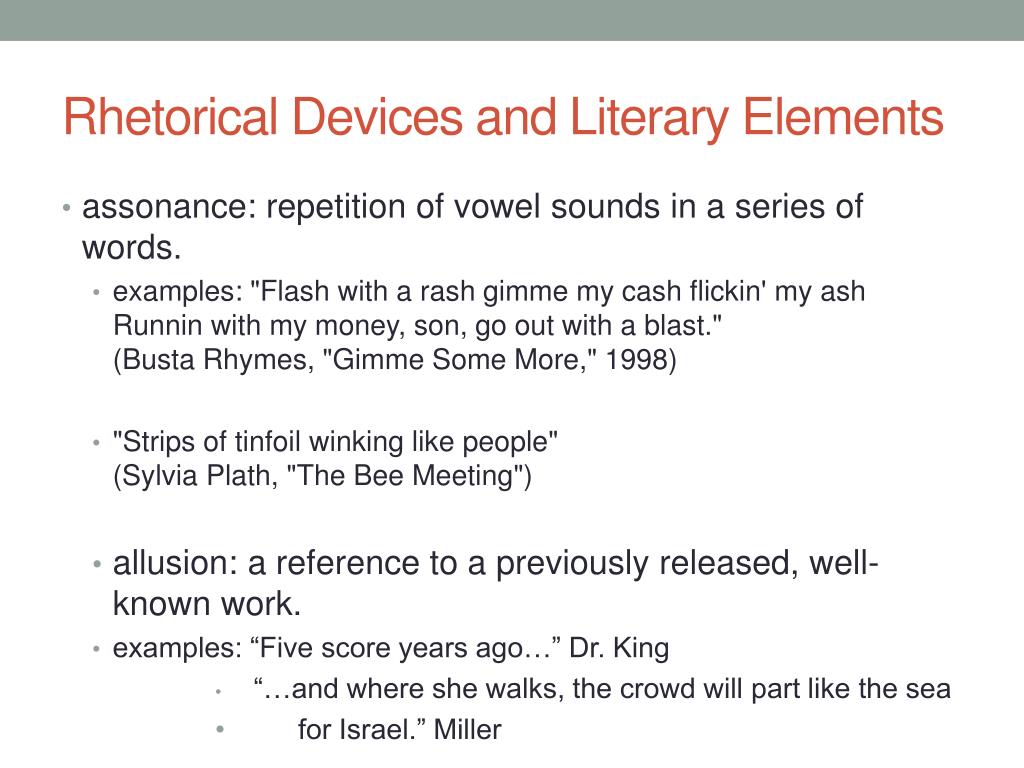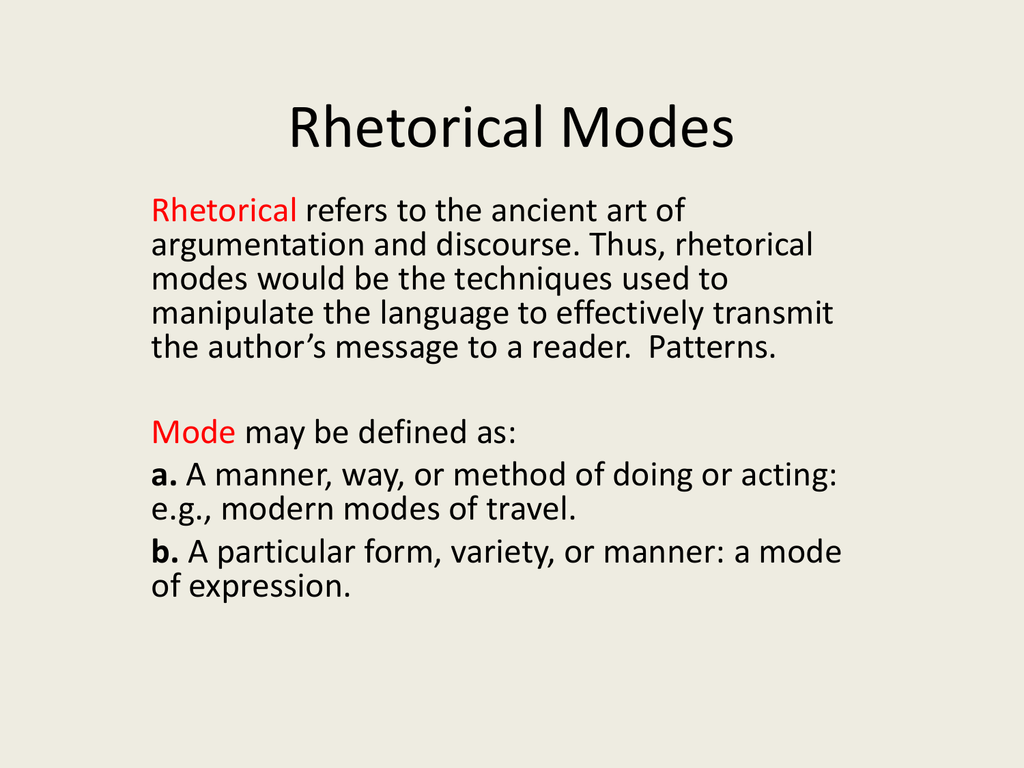
Don’t feel that you have to cram in every rhetorical term you know-focus on those that are most important to the text. Who seems to be the intended audience? Is this audience likely to be successfully reached and convinced?īy asking these questions, you’ll discover the various rhetorical devices the text uses.


Claims, supports, and warrantsĪ piece of rhetoric is always making some sort of argument, whether it’s a very clearly defined and logical one (e.g. For example, Martin Luther King, Jr.’s “I Have a Dream” speech has universal power, but the context of the civil rights movement is an important part of understanding why. Looking at the context can help to inform your rhetorical analysis. The context is everything surrounding the text: Who is the author (or speaker, designer, etc.)? Who is their (intended or actual) audience? When and where was the text produced, and for what purpose? In these cases, your analysis would focus on more than just language-you might look at visual or sonic elements of the text too. This could be, for example, a speech, an advertisement, or a satirical image. A text is whatever piece of communication you are analyzing. In rhetoric, a text is not necessarily a piece of writing (though it may be this). These three appeals are all treated as integral parts of rhetoric, and a given author may combine all three of them to convince their audience. This might involve speaking in a passionate way, employing vivid imagery, or trying to provoke anger, sympathy, or any other emotional response in the audience. Pathos, or the pathetic appeal, evokes the audience’s emotions. For example, someone making a moral argument might highlight their own morally admirable behavior someone speaking about a technical subject might present themselves as an expert by mentioning their qualifications.

This is the dominant approach in academic writing, where arguments are built up using reasoning and evidence.Įthos, or the ethical appeal, involves the author presenting themselves as an authority on their subject. Logos, or the logical appeal, refers to the use of reasoned argument to persuade. Three central appeals are discussed in rhetoric, established by the philosopher Aristotle and sometimes called the rhetorical triangle: logos, ethos, and pathos. Appeals: Logos, ethos, pathosĪppeals are how the author convinces their audience.

This section introduces a few of the key concepts of this field. Rhetoric, the art of effective speaking and writing, is a subject that trains you to look at texts, arguments and speeches in terms of how they are designed to persuade the audience. Frequently asked questions about rhetorical analysis.


 0 kommentar(er)
0 kommentar(er)
